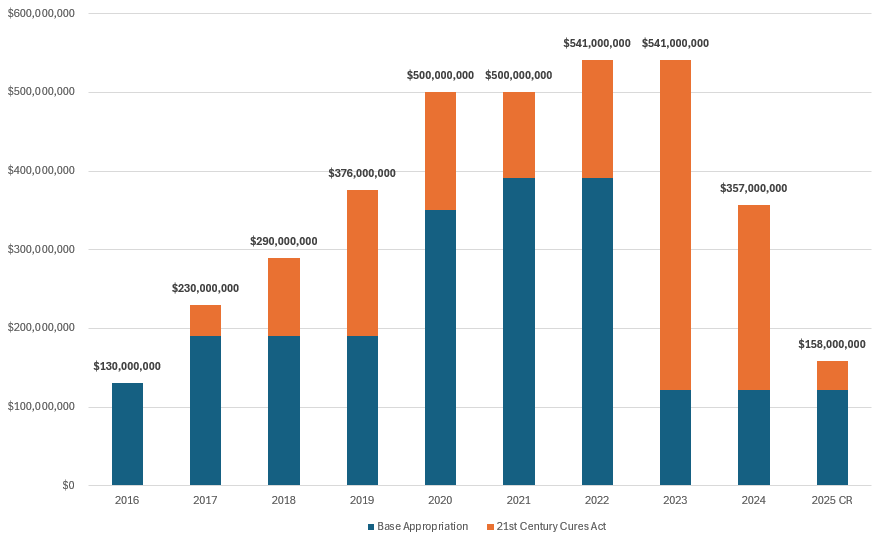How Can All of Us Make a Difference?
Too often, health care is one size fits all. Treatments meant for the “average” patient may not work well for individual people. Health care providers may find it difficult to coordinate care among specialists or to access all of a patient’s health information. Researchers may spend lots of time and resources creating new databases for every study.
All of Us is working to improve health care through research. Unlike research studies that focus on one disease or group of people, All of Us is building a diverse database that can inform thousands of studies on a variety of health conditions. This creates more opportunities to:
- Know the risk factors for certain diseases
- Figure out which treatments work best for people of different backgrounds
- Connect people with the right clinical studies for their needs
- Learn how technologies can help us take steps to be healthier
Learn about what makes the All of Us Research Program different.
All of Us and Precision Medicine
The National Institutes of Health formed the Precision Medicine Initiative Working Group of the Advisory Committee to the Director in March 2015. The group concluded its work in September 2015 with a detailed report. The report provided a framework for setting up the All of Us Research Program.
Precision medicine:
- Is based on you as an individual
- Takes into account your environment (where you live), lifestyle (what you do), and your family health history and genetic makeup
- Gives health care providers the information they need to make customized recommendations for people of different backgrounds, ages, and regions
- Helps you get better information about how to be healthier
- Reduces health care costs by matching the right person with the right treatment the first time
All of Us is part of a new era in which researchers, health care providers, technology experts, community partners, and the public work together to develop individualized health care. Learn more about who is involved.
Questions? Contact us.
How is All of Us Funded?
All of Us is funded through federal appropriations from Congress. Authorized and created after the passage of the 21st Century Cures Act in 2016, the program has had two main funding sources to date: Cures Act funding and an additional base appropriation made to the NIH Office of the Director, which has helped offset fluctuations in Cures funding levels. Historically, All of Us has received strong bipartisan support with stable funding year-over-year.
In fiscal year 2024 (FY24), Cures Act funding dropped by $184 million, while our base appropriation remained the same at the FY23 level, amounting to a 34% decrease to our budget. That necessitated funding cuts for All of Us at NIH and our partner organizations, decreasing our enrollment capabilities, slowing new data collection, and delaying our ability to build a robust pediatric cohort.
In FY25, which began October 1, 2024, Cures Act funding decreased again, by $199 million. The program’s base appropriations level has remained flat under a continuing resolution (CR), while Congress continues efforts to pass final FY25 appropriations bills. If funding is sustained at the current level of $158 million, this will represent a 71% reduction compared to FY23’s funding level and necessitate further reductions for our national network and greater impacts to activities program-wide.
Amidst these funding uncertainties, the program remains committed to supporting our participants and keeping their data and samples secure, to drive continued health discoveries long into the future.

All of Us has been supported through the 21st Cures Act and additional base appropriations to NIH. The Cures Act allocated multi-year funding for the program for FY17–FY26. All funding is contingent on the annual federal appropriations process.